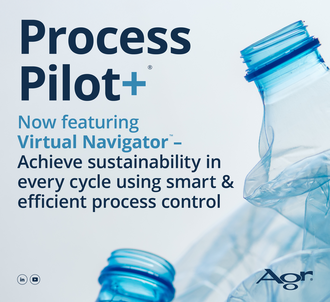The organisation’s 29 members, which include major brands such as Coca-Cola, PepsiCo, Tiger Brands, and Tetra Pak, represent most of the PET plastic beverage bottles and liquid board packaging (LBP) placed onto the South African market.
According to the newly released audited data, Petco’s efforts saved 76,000 cubic metres of South Africa’s scarce landfill space – the recyclable packaging thus diverted would fill 2,324 standard, six-metre shipping containers.
Chief executive officer Telly Chauke said Petco was pleased to have met the targets set by the Department of Forestry, Fisheries and the Environment for the identified products registered with the organisation.
“We’re particularly delighted with the success of our new EPR scheme for liquid board packaging, which saw us achieve a more than 200% increase in its collection and recycling rate last year.
“In only our second year of administering a scheme for these cartons, we’ve collected and recycled three times the volume compared to 2023.”
Chauke said the significant leap in LBP collection and recycling rates was a validation of Petco’s operating model, which is based on building sustainable value chains for the post-consumer packaging for which the organisation administers schemes.
Following the implementation of mandatory extended producer responsibility (EPR) legislation three years ago, Petco had also met the annual collection targets for PET bottles and jars, and their associated closures and labels, and increased these rates year on year, she said.
“Our model, which is informed by 20 years’ experience as an industry body, has seen us grow the collection for recycling of post-consumer PET bottles and jars from 16% of those placed on market in 2005 to nearly 76% of what our members place on the market today.
“With over 70% of our members’ PET bottles and jars now successfully recycled, our goal is to achieve similar results for LBP in the long-term.”
Since 2023, when Petco introduced an EPR scheme for LBP, strategic industry-driven infrastructure investments have seen LBP collection and recycling rates triple from 8% each to 24% and 26% respectively.
A key focus for 2024, Chauke said, was partnering with member Tetra Pak in the deployment of a team of buy-back centre liaison officers and regional recycling officers to enhance the collection and recycling of LBP nationwide.
Serving as contact points to strengthen linkages between buy-back centres, waste pickers, municipal authorities and industry stakeholders, the team’s role is to address regional collection challenges and foster local solutions.







